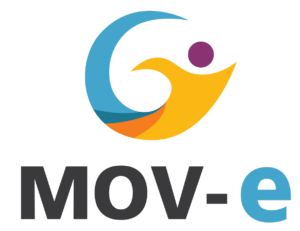Cross-cultural aspect
Chronic pain can be a frustrating and isolating experience. Here are some suggestions for the physiotherapist to overcome communication barriers and build trust with a Turkish adult patient experiencing chronic pain:
Pre-Consultation:
– Familiarize yourself with the patient’s medical history and pain management strategies used in the past.
During the Consultation:
– Practice active listening skills, demonstrating empathy and understanding of the patient’s pain experience.
– Acknowledge the validity of the patient’s pain, even if the cause is not readily apparent.
– Ask open-ended questions to understand how the pain affects their daily life and routines.
– Be honest about the limitations of physiotherapy for chronic pain but emphasize the potential for improved function and pain management.
– Clearly explain any physical assessment procedures and obtain verbal consent before any physical touch.
– If you are a male physiotherapist, offer a female colleague to perform the assessment if the patient expresses discomfort with a male touching them.
– Use a gentle, non-invasive touch during the assessment, focusing only on essential areas. Offer the patient control over the degree of contact.
– Work collaboratively with the patient to develop a personalized treatment plan that addresses their specific needs and goals.
– Frame the discussion around empowering the patient to manage their pain and improve their quality of life.
– Be aware of potential cultural beliefs about pain causes and treatments. Avoid imposing your own beliefs and remain open to their perspective.
Cultural Considerations (Turkish Context):
– Turkish culture can be more indirect in communication. Be patient and allow the patient to express themselves comfortably.
– Physios are considered healthcare professionals and deserve respect. The patient may initially be hesitant to express discomfort directly. Be encouraging and approachable.
– Chronic pain may be expressed through somatic symptoms in Turkish culture. Be open to the patient describing their pain in more emotional terms.
– Men in Turkish culture may be more stoic about their pain. Encourage them to express their experience openly.
By following these suggestions, the physiotherapist can create a trusting environment where the Turkish patient feels comfortable discussing their chronic pain. Remember, open communication, empathy, and respecting boundaries are crucial for building trust and promoting successful pain management.
1. What similarities have you noticed in your culture?
2. What differences have you noticed in your culture?
3. What should you pay attention to when caring for a patient with different cultural values?


Leave a Reply
Want to join the discussion?Feel free to contribute!